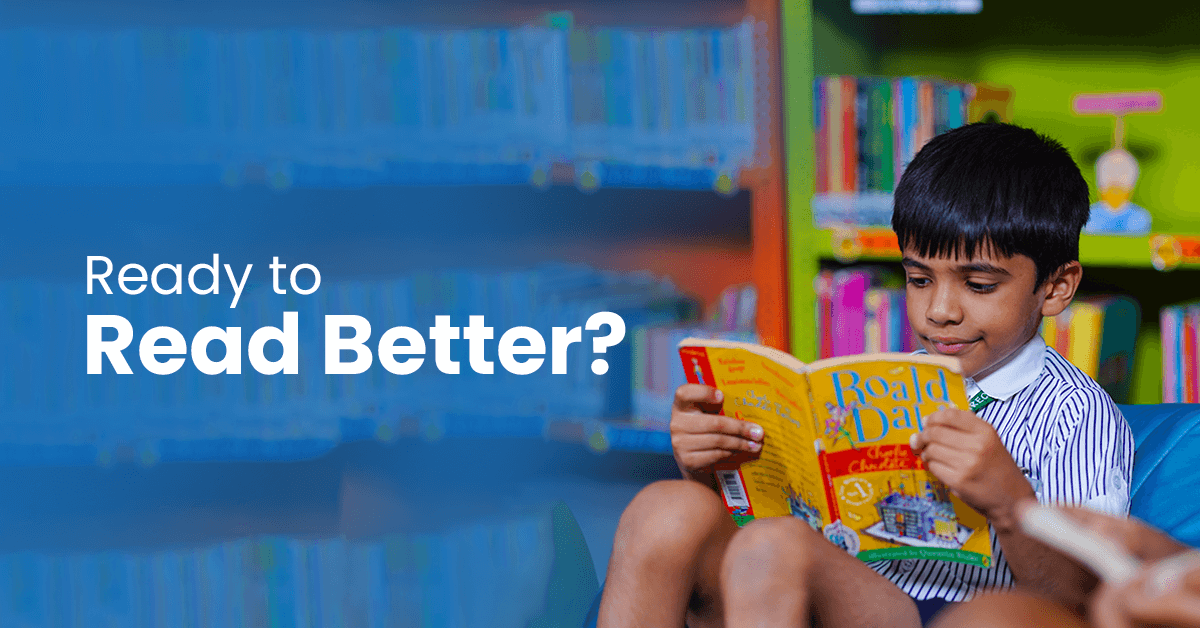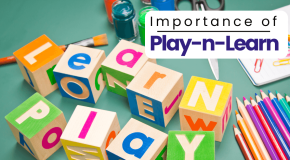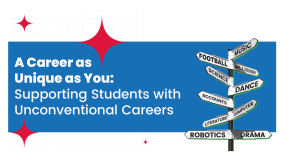Do you often find yourself getting distracted while reading, or need help remembering what you read? Do you also tend to procrastinate when you realise you have a lot to read? If these questions made you think about your reading habits, you’re in the right place! In today’s world of never-ending tasks and multiple distractions, it gets difficult to focus, let alone read entire books. However, it just takes a few reading strategies to solve this tiny problem.
Reading is much more than just scrolling through and decoding words and phrases. It’s about understanding and interpreting the content you read. Whether you’re reading a textbook or a fiction book, mastering some reading techniques can help with comprehension and efficiency too.
Here are some reading comprehension strategies that will help you delve deeper into the content you read, while also optimising your speed and recall.
Pre-Reading Strategies:
Even though many students don’t give much attention to this step, engaging with content before reading it can increase reading efficiency. Below are some reading comprehension strategies to use before you start reading.
Activate prior knowledge:
Before previewing the text, assess your existing knowledge about the material. Recall what you already know about the topic. Making connections with prior knowledge readies your brain for better comprehension and retention. You can also generate a list of inquiries or questions you aim to explore while reading the text.
Preview the text:
Don’t jump into the content all at once. Begin by giving the text an initial scan, paying attention to headings, diagrams, pictures, bold words, summaries, etc. Focus on reading introductions and conclusions to grasp the main ideas. This helps in setting expectations and framing questions to guide your reading.
Plan to break your reading into smaller sections:
Breaking down your reading material into smaller sections is a powerful reading technique that helps optimise comprehension and efficiency. By segmenting the content, you can approach each portion with focused attention and clarity. This not only prevents overwhelming feelings about the size of the content but also allows for deeper engagement with the material.
Setting Goals:
Define your purpose for reading. Whether it’s to gather information, analyse arguments, understand concepts, or simply enjoy the text, you provide yourself with a roadmap to guide your progress.
Active Reading Strategies:
Keeping your brain engaged while reading minimises distractions, extra thoughts, and confusion. Try the below reading techniques to maintain focus on the text you read.
Self-monitor:
Your focus and engagement while reading are solely in your hands! If your thoughts wander to outing plans or the next show to binge-watch, it’s a sign you’re losing focus. This is when you need to take a break and change your environment for a while before you get back to your content.
Annotate:
Establish a method to take note of the following elements while reading comprehension books: essential concepts, unknown terms, significant expressions, crucial details, and correlations. Mark up this text with highlights and marginal notes, as it will help understand and summarise complex information.
Summarise:
After reading a few chapters, pause every little while to summarise what you’ve read in your own words. This reading technique deepens reading comprehension and helps you identify themes. The practice of summarisation reinforces understanding and helps in consolidating information.
Post-Reading Strategies:
After completing the reading, it’s important to reflect on and understand the content. Here are some post-reading strategies to consider:
Reflective Journaling:
Write down your thoughts, reactions, and insights about the text in a journal. Reflective writing promotes deeper engagement with the material and also helps in internalising key concepts.
Discussion:
Discuss the content you’re reading with your classmates, teachers, or other mentors. Sharing perspectives and exchanging ideas fosters critical thinking and expands your understanding.
Recall and review the text:
Revisit the text after some time to reinforce learning and identify any gaps in comprehension. Reviewing helps in consolidating knowledge and enhancing long-term retention.
In addition to deepening reading comprehension, it’s also important to optimise reading speed and efficiency. Here are some quick reading strategies for improving reading efficiency:
Eliminate Subvocalization:
Subvocalization, or silently pronouncing words while reading, slows down reading speed. Be mindful of this while reading comprehension books, and practice minimising subvocalization to increase your reading pace.
Expand Your Peripheral Vision:
Train your eyes to capture more words per fixation by expanding your peripheral vision. Widening your gaze reduces the number of eye movements required, thus speeding up reading.
Practice the Method of Chunking:
Instead of reading word by word, practice grouping words into meaningful chunks or phrases. Chunking reduces the load on your brain while it also improves your reading fluency.
Set Certain Time Limits:
Challenge yourself to read within a specified time frame to improve reading speed and focus. Gradually decrease the allotted time as you become more proficient.
At CHIREC, we believe that mastering reading strategies and techniques is important for achieving deeper comprehension and efficient reading. By employing pre-reading, active reading, and post-reading techniques, you can enhance your understanding of texts while also optimising reading speed and retention. Whichever grade you’re in, while reading comprehension books, keep these tips and techniques in mind as they will help you throughout your life. As a matter of fact, these strategies will help students, professionals, or even lifelong learners, as cultivating effective reading habits is key to success in academia, career, and personal growth. So, start implementing these strategies today and unlock the full potential of your reading experience!
Visual Copy – Ready to Read Better?





